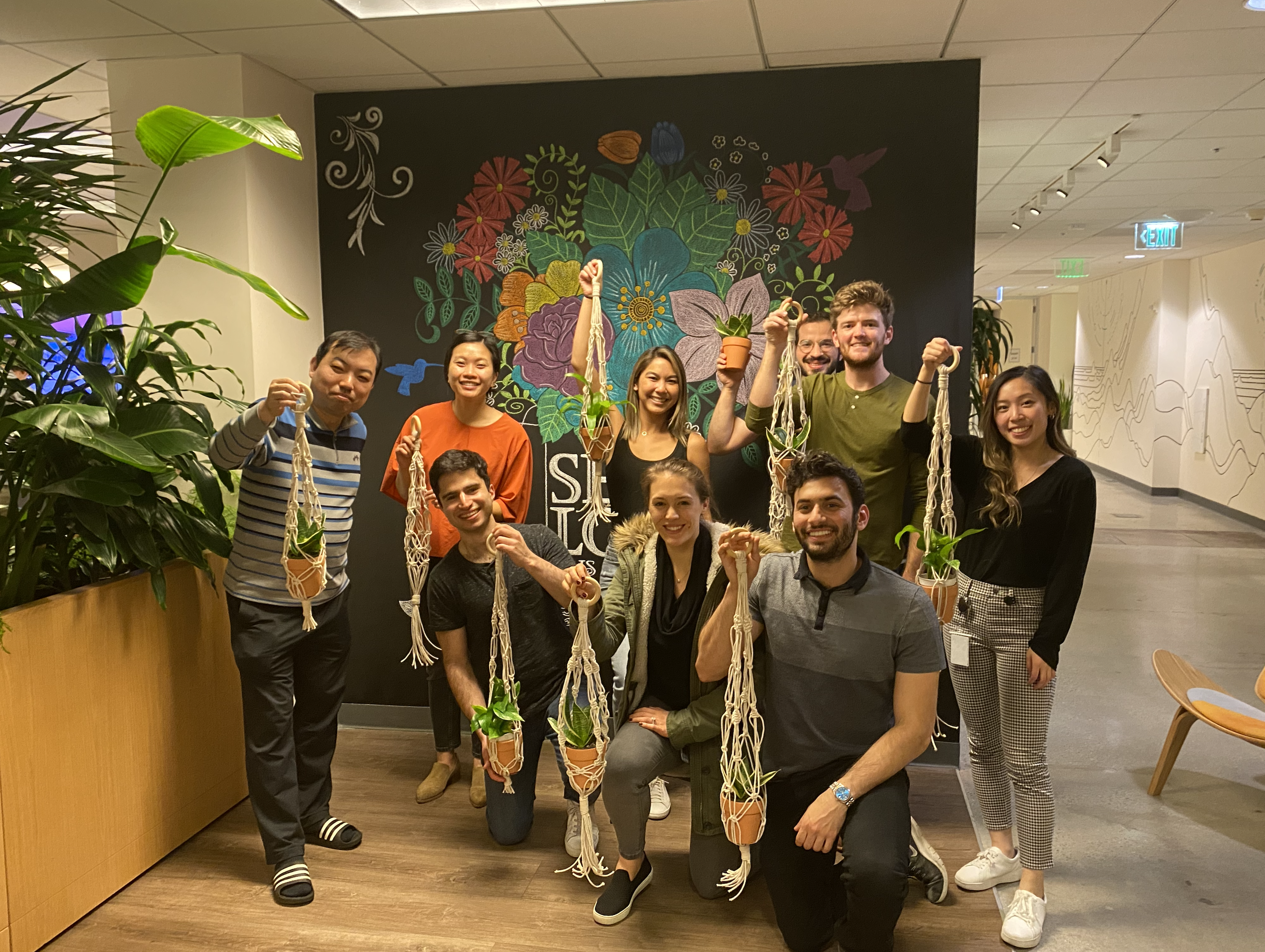What was your undergraduate university and major?
I concentrated in Computer Science and got a secondary concentration in Astrophysics at Harvard University.
Why did you decide to apply to HBS via the 2+2 deferred admissions process?
I decided to apply to HBS via the 2+2 deferred admission process because I knew I wanted to be a leader, and I believed HBS was the best place to grow and learn. I’ve always been entrepreneurial and loved to build things. I was excited about the case method and how it continually pressure-tests your ideas and forces you to think critically. There aren’t many other environments where you present and defend your ideas daily in front of 90 people.
How long was your deferral (2, 3, or 4 years)?
My deferral was 2 years. I considered deferring longer, but I felt like I was at a natural point in my career to go back to school. I had recently left management consulting to join an early-stage digital healthcare startup. I was itching to start my own company and felt that HBS would be the perfect environment to be a founder. I would be surrounded by incredible peers, facilities, the Rock Center, and i-lab. Plus, in my EC (second) year, I could choose my curriculum and focus area.
Did 2+2 change your path or alter your post-undergraduate plans?
Yes and no. I did not change my plans in the sense that I always knew I wanted to be a leader, I’ve always been drawn to technology, and I’ve always been a builder at heart. Even without HBS, those were always my guiding north stars, and I am confident I would have relentlessly pursued them regardless. However, I think 2+2 enabled me to have perspective when most people aren’t as fortunate. Your first job post-undergraduate can be all-consuming, and a single project can define your view of the business world. With 2+2, I knew that I would have the opportunity to return to school and look at the world through a different lens. This made me more conscious of what I saw and how businesses operated. It allowed me to reflect and think about what characteristics I wanted to embody as a leader and which ones I wanted to avoid.
Where are you currently working? Can you describe your role?
I am currently working as a Product Manager at Grammarly, the company behind the AI-powered writing assistant. I’ve been at the company for almost a year and have had an incredible experience. As a product manager, one of your jobs is acting as a translator between business and engineering. I think about how to build a mass-market product that will help us hit our company KPIs. It allowed me to leverage my MBA, as well as my undergraduate training in computer science.

What projects/roles/opportunities did you pursue at HBS?
While at HBS, I had the opportunity to pursue entrepreneurship and launch a startup. One of my classmates and I shared a passion for financial fluency and tax-advantaged saving opportunities. Through the Rock Summer Fellowship, Field Y, and PM 101/102, we launched our startup, hired an engineer and designer to build an iOS app, and flew out to Silicon Valley to pitch at Y Combinator. We ultimately decided to shut down the venture, but I learned invaluable lessons about grit and ingenuity. And more importantly, I had an absolute blast while doing it.
What impact has HBS had on your career?
I only graduated a year and a half ago, so it’s still early. But even just within this time, HBS has empowered me to take an active role in my career. I continually reflect on what projects excite me and the skills I want to develop. I feel comfortable discussing these candidly with my manager and asking to take on opportunities that push me.
Are you still in touch with your fellow HBS students/section mates?
Yes, absolutely! Some of my classmates are my closest friends. I’ve recently come to rely on them even more as we navigate COVID and our professional and personal lives.
What is the most inspiring/exciting project or opportunity you’ve worked on?
Grammarly has 30 million daily active users and 400 employees right now. That means there is a seemingly endless list of inspiring projects to work on. One of the most exciting projects I’ve worked on so far evaluated our pricing, packaging, and positioning. Our hypothesis was there might be significant untapped revenue potential that we can unlock through new packaging and/or different prices. This project and our findings had the potential to change how we do business and build product offerings. I had the opportunity to work closely with product marketing, finance, engineering, the leadership team, and many other stakeholders.
We set out to validate our hypotheses before committing to such a big endeavor while assessing the technical feasibility and complexity. This meant designing experiments, building revenue models, and interviewing customers. I continue to leverage learnings from this effort to inform ongoing product and growth efforts.
What advice do you have for prospects considering the 2+2 program?
Regardless of whether you ultimately apply, I believe everyone should go through the exercise of thinking about their career holistically over the long-term. The application will ask you to do this and think about whether you aspire to be a leader. And if you do aspire to be a leader, then definitely apply! HBS is more than just a 2-year MBA program — it’s a lifelong network that is enriching and rewarding.

